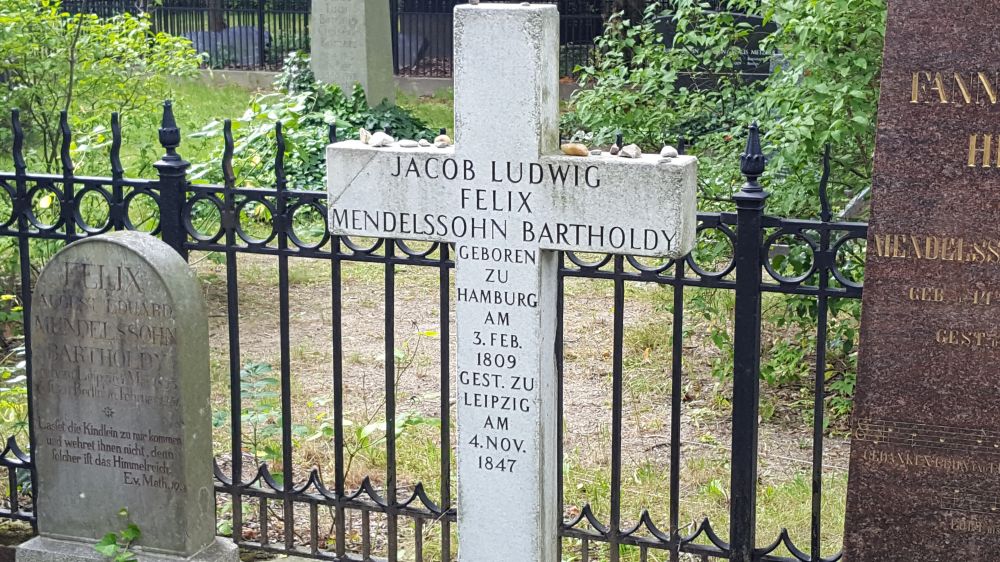The Slipped Disc daily comfort zone (134): No kid could write this
mainFelx Mendelssohn was 16 when he composed the unsurpassable Octet in October 1825.


Felx Mendelssohn was 16 when he composed the unsurpassable Octet in October 1825.

For 38 consecutive years, the Last Night of…

The Concertgebouw’s Mahler festival has its first jump-in….

The death has been made known fo Joel…

The death has been published today of Adrian…

Session expired
Please log in again. The login page will open in a new tab. After logging in you can close it and return to this page.
Comments